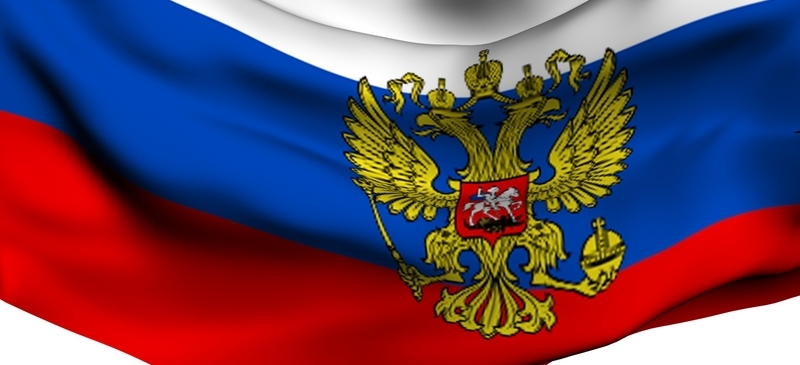
Russia and the multipolar myth
by Bobo Lo
I attended a curious conference the other week in Moscow. It was a posh event with a stellar cast and the grand, even pompous, title of ‘Forging common futures in a multipolar world’. The event turned out to be not so much a conference as a celebration of multipolarity, served with a generous helping of schadenfreude at America’s recent troubles.
There have been a number of such gatherings lately, voicing various fashionable mantras. It has become axiomatic that ‘power has shifted decisively from the west to the east’, that ‘a new world order is emerging’, and that ‘the world has become multipolar’. It would seem that the decline of the West has finally occurred, some 90 years after Oswald Spengler first predicted it in the aftermath of the First World War.
In reality, much of the multipolar bombast is humbug – as even its advocates tacitly recognize. The star turn of the Moscow conference was an address by Russian foreign minister Sergei Lavrov. In it, he emphasized the importance of a new international architecture and condemned the rigidity of ‘the Anglo-Saxon model’. However, instead of talking up the global multipolar order, as one might have expected, Lavrov gave pride of place to the notion of a common European Christian civilization. There was barely any reference to multipolarity, while China and India were only mentioned in the context of the most fleeting nod to the BRICs concept.
Lavrov’s nakedly Eurocentric focus did not escape notice. One senior Indian participant remarked tartly that Russia was exploiting the concept of multipolarity to maximize its position, status and influence in the world. The Chinese present in the room simply dismissed the possibility that Russia’s world view might be anything other than Western-oriented.
These observers were merely underlining the obvious – that the importance of multipolarity to Moscow is almost entirely instrumental. True, the ‘unipolar moment’ – if it ever existed – has long gone. The United States has lost much of its international authority under the Bush administration, and the West as a whole has experienced a relative decline in the world. The European Union, so effective as an economic body, continues to be a negligible political player, undermined by the pursuit of selfish national interests. And China is beginning to make its presence felt in global affairs. There is no doubt that the contemporary international environment is more disparate, more fluid, and more equal than at any time since the Second World War.
However, the ‘multipolar world order’ is a distant prospect. The United States, for all its difficulties, remains the sole superpower and will continue to be so for at least two decades. By any criterion – military power, political authority, economic prosperity, technological advancement, cultural and normative influence – America stands far above the other great powers. China, the putative heir-apparent, recognizes this, and not merely because it wishes to allay fears about its own ‘peaceful rise’. Beijing understands better than many so-called experts in the West the extent of Chinese weakness at home and abroad. Its insistence that China remains a ‘developing country’ rather than a world power reflects reality, not false modesty.
In the meantime, the multipolar polemic holds diminishing appeal, even in Moscow. The problem with being an ‘independent’ pole is that this can easily slip into self-isolation, particularly when the other major players do not really believe in a new world order. So Moscow has shifted to emphasizing ideas of community and shared European values and traditions. At the latest Russia-EU summit in the Siberian oil town of Khanty-Mansiisk, President Dmitry Medvedev expanded on Lavrov’s themes by returning to Gorbachev’s vision of a ‘common European home’.
Ultimately, Russia does not want to leave the West so much as to redefine it. The ‘new West’, as envisaged in Moscow, would not be dominated by the United States (abetted by the United Kingdom), but by the major continental European powers – Germany, France and Russia. It would represent a reversion from the EU’s post-modern conception of a rules-based and institutionalised Europe towards a more traditional understanding of a common European history, religion and culture. Most importantly, it would give Russia a secure niche in the ‘civilized’ international community: a sense of belonging to a larger whole, but without irksome constraints on its strategic flexibility.
Bobo Lo is director of the Russia and China programmes at the Centre for European Reform.
